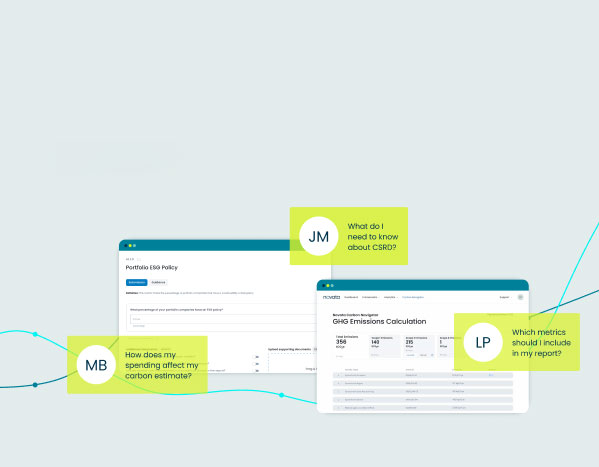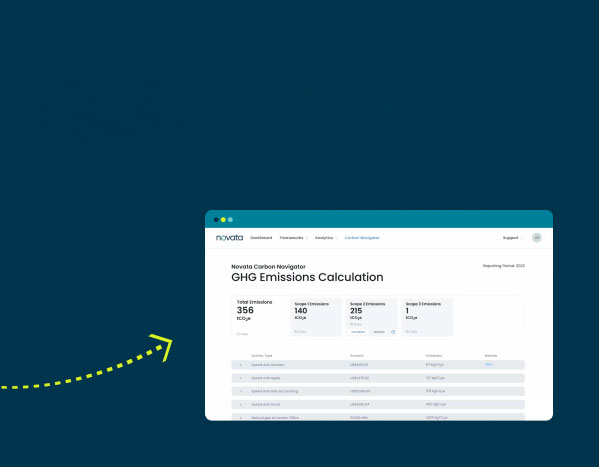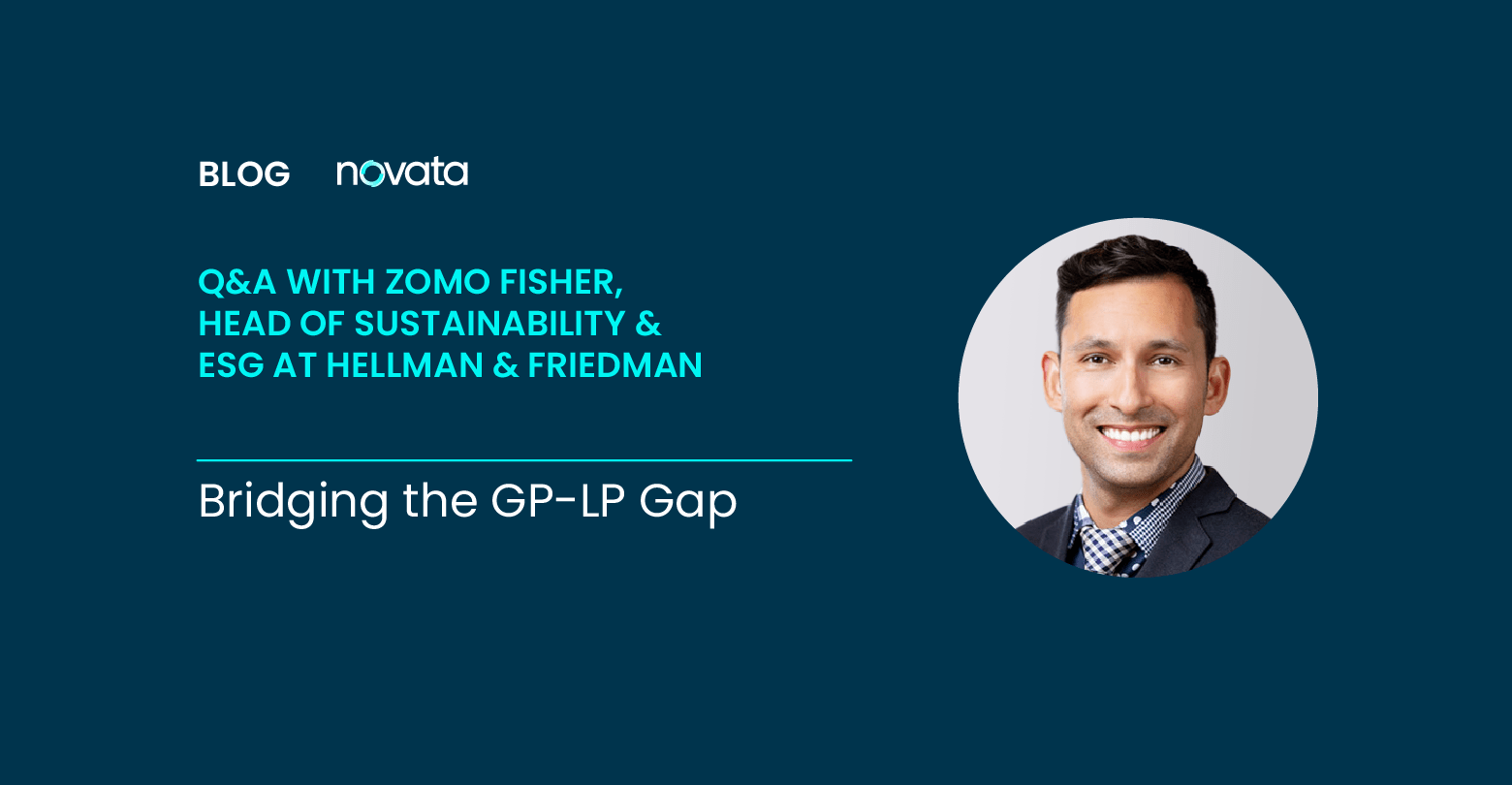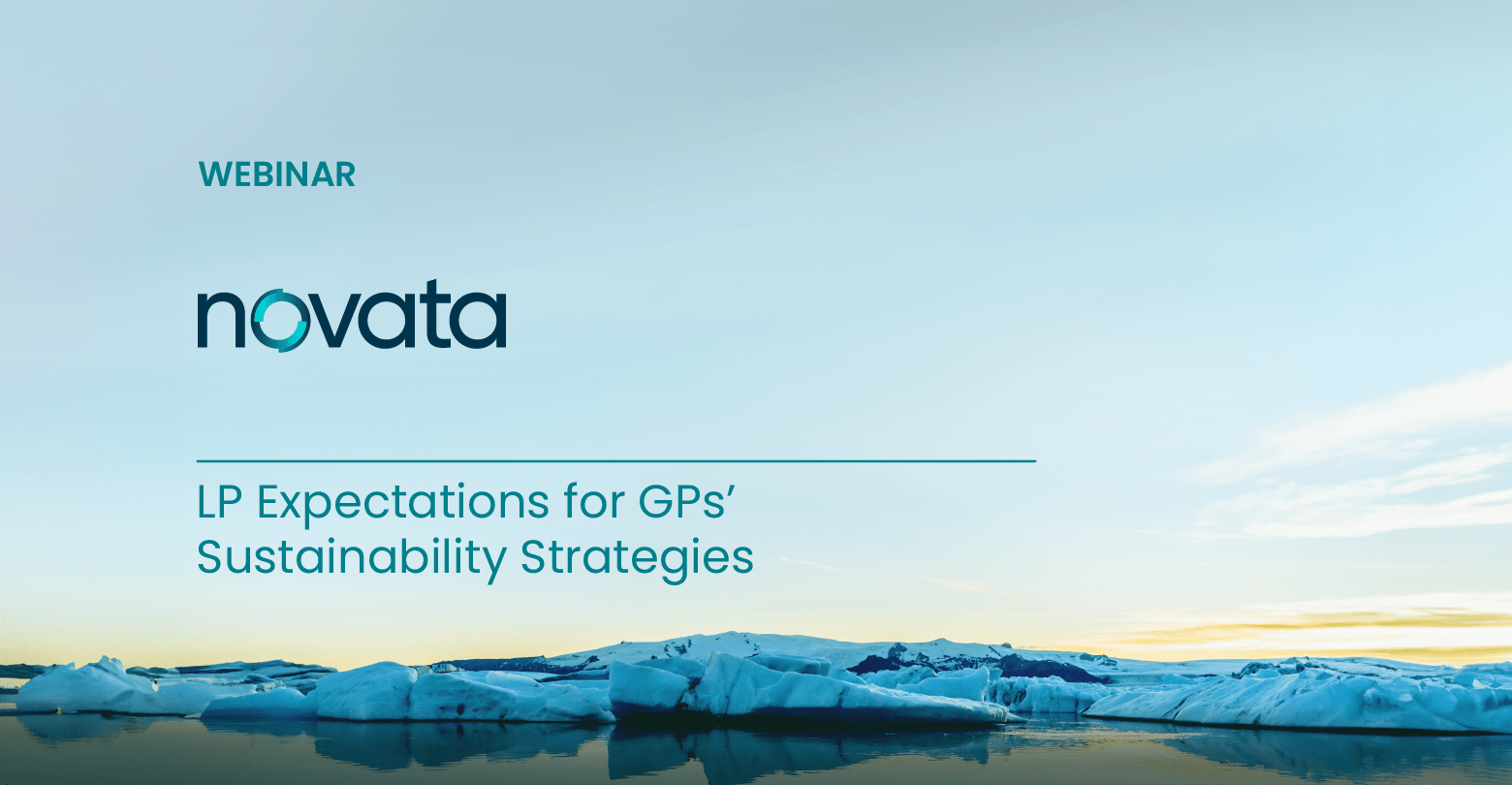At private equity firm Piper, growing brands that focus on sustainability, specifically B Corps, is at the core of its mission. The London-based firm began its ESG journey in 2016 with the creation of a Sustainable Investment Policy, which integrated ESG considerations from due diligence to post-investment.
Georgia Jones, Sustainability Manager at Piper, has been responsible for a broad range of the company’s internal sustainability projects, including its B Corp certification and charity partnerships. In her role, she manages investor reporting, the firm’s annual portfolio ESG review and emissions reporting, and works with portfolio companies to reduce their impact.
To Georgia—and Piper—integrating ESG is not just ethically sound, but also a profitable business model to track the overall performance of portfolio companies. Below, Georgia shares more about the firm’s ESG journey and how they use technology to simplify the data collection process for their portfolio.
Our Conversation with Georgia Jones
What sparked your interest in ESG?
It’s hard to know what first sparked it. I’ve cared about nature since I was a child reading about endangered animals, and I’ve always hated waste. But I think my interest in business impact grew when I began learning about the amazing efforts some companies put into reducing their impact, whether that was B Corp certification, building circular manufacturing plants, or investing in the wellness of their employees.
Why is integrating ESG into Piper’s investment processes important to you and your firm?
Beyond simply being the right thing to do, there is increasing evidence that sustainable businesses are growing more successfully. By monitoring ESG performance, we are tracking the health of our portfolio beyond financial performance and ensuring that we build sustainable brand legends that will be successful far beyond our investments.
When did your firm start building its ESG strategy?
We created our Sustainable Investment Policy in 2016, which from the start was a lifecycle approach that began at due diligence and monitored throughout the investment.
What challenges were you facing in managing ESG that prompted the search for a software solution?
With the growing risk of the impact of business on the planet and people, we need more and more data to understand this. Beyond our needs, our investors require data and request many different data sets. On top of that, ESG data doesn’t just come from one department in the business; it comes from across all departments. All these factors mean that finding a solution that could collate all the material data from the various standards and make it easy for our portfolio companies to report on that data from across their businesses became essential.
What factors were most important to you when evaluating software?
My main consideration was the ease of use for our portfolio. Their main priority is their operations, and we don’t want to take up their time with endless reporting. This meant that being able to create bespoke data sets that focused on essential data and had clear guidance were the most important factors.
What advice would you give to others in your industry who are just starting to incorporate ESG into their work?
There are a lot of standards and certifications that you can align with, and it can get quite overwhelming feeling like you need to do them all. Don’t. Find one that suits your industry or specialism and use that to guide you to best practice. For Piper, as an investor in consumer brands, B Corp is the leading certification for the companies we want to invest in, so it was the clear choice. Their assessment focuses on positive action, so we use it as guidance on what to do next to continually improve our processes.
What would you say to someone who thinks ESG is not something they need to be focused on right now?
We are running out of time to halt the effects of climate change that will devastate our planet and future generations. The IPCC reports are clear: more needs to be done soon and business needs to take responsibility now. Think about your business’ material impacts and prioritize those, reach out and speak to experts and learn about solutions, and take pride in acting for people and the planet.








